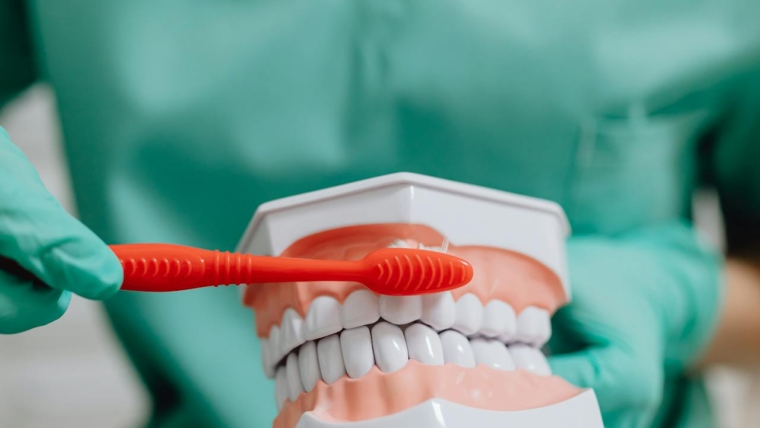
Have you been diagnosed with high blood pressure? Firstly, it is good that you know your health condition. Secondly, you shouldn’t worry as it is a manageable condition. It can result from different factors such as increased blood pressure, obesity, and heart disease. According to sleep experts, continuous lack of sleep may cause high blood pressure in both children and adults. Let’s explore the impact of poor quality on your blood pressure and how to alleviate the condition.
Table of Contents
The Impact of Poor Quality Sleep on Your Blood Pressure
- The fewer hours you sleep, the higher your blood pressure could go. It is even worse when you already have increased blood pressure and are not sleeping.
- Lack of sleep causes hormonal imbalance and increased blood pressure ultimately.
- Too much sleep contributes to high blood sugar and weight gain, which may cause increased blood pressure.
- Obstructive sleep apnea exposes you to increased blood pressure and other heart problems.
Tips for Improving Sleep Quality
Are you struggling with weird sleeping patterns, too much sleep, or lack of sleep? Here are some great tips to enhance your sleep quality.
Develop and stick to a sleep schedule
One way to enhance the quality of your sleep is sleeping at the same time every day. Around eight hours of sleep a day is recommended by most health authorities. However, this differs depending on age, as younger adults need more time to sleep. By being consistent with your sleeping patterns, you solidify your sleep-wake cycles. Try this for one week and see how it fairs. If you can’t sleep within twenty minutes, you should leave the room and find something relaxing to do. Even better, listen to your body and only go to bed when tired.
Watch your diet
You should never go to bed when hungry or too full. Either option may cause stomach discomfort and affect the quality of your sleep. To be safe, you should avoid heavy meals at least three hours before bedtime. Other substances you need to steer clear of are nicotine, caffeine, and alcohol. If you must take them, take them a few hours before you go to bed.
Exercise daily
Exercising is generally helpful for thousands of health conditions. And it might be the perfect answer to your poor sleeping patterns. You can start with simple exercises such as walking, before advancing to more strenuous routines. If you are unsure how to begin, talk to your doctor to get personalized recommendations on the best exercises for you. While exercise is a great remedy for poor sleep, you shouldn’t be active a few hours before bedtime.
Create a restful environment in your sleeping area
How restful is your bedroom? The ideal bedroom should be dark and quiet during sleep time. Having too much light in your bedroom will make it harder for you to fall asleep in good time. Keep your phones, laptops, and tablets away as you go to bed. Even better, you can take a bath just before bedtime so that you are relaxed.
Eliminate daytime naps
Daytime naps sound like a great idea when one is exhausted. However, if it surpasses thirty minutes, you might have a hard time falling asleep at night. Those who work at night are exempted and can sleep late in the day to make up for the sleep debt.
Take care of your mental health
Worries keep many people up at night. Therefore, you need to manage your stress and concerns before you hop into bed. If you still feel overwhelmed, you can try meditating as it eases stress and anxiety. You may even fall asleep when meditating.
Contact Your Doctor
Still having sleep imbalance and high blood pressure? Then, you should promptly visit your doctor for assessment and treatment. The doctor will identify and treat all your underlying problems to enable you to enjoy a good night’s sleep.


